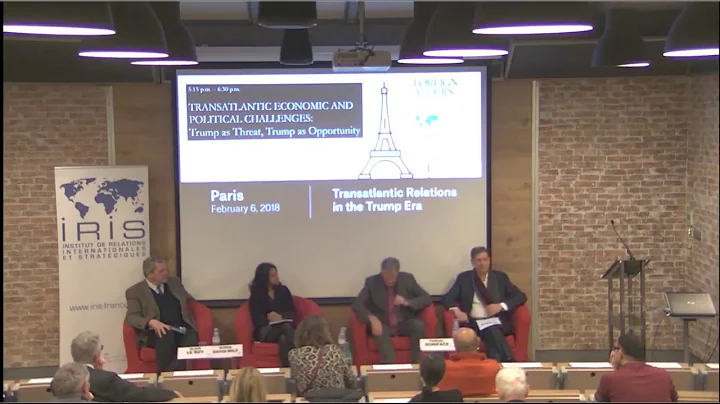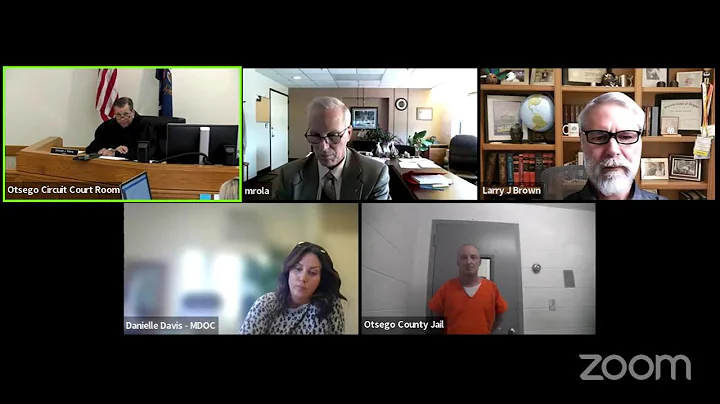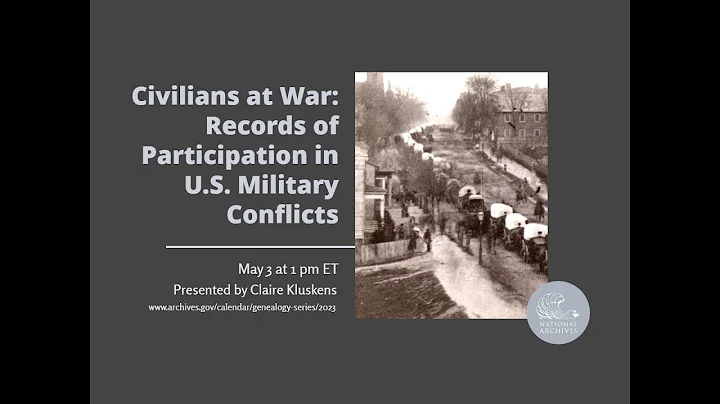[Editor's note] This article is reprinted with permission from Zhihu "A pot of tea and an idle person" . The author Ksliu is a well-known American current affairs commentator .
At the end of this month, " NATO " will hold a summit in Madrid, Spain. This NATO summit created two "firsts": it was the first time that the "China issue" was included in the agenda, and it was the first time that Japan, South Korea, Australia and New Zealand were invited to participate in the NATO summit.

The Ukraine issue will undoubtedly be the theme of this NATO summit, but including the China issue on the agenda and inviting four Asian countries to participate is not only a "first time", it is also very unusual. It puts the Atlantic Ocean on the agenda. The problems faced extended to the Pacific Ocean. What message does this phenomenon send to the international community?
Since the war broke out in Ukraine, we have seen some important changes in the Asia-Pacific region targeting China and the "China threat theory":
The first is Japan. With the acquiescence and even connivance of the United States, Japan's rearmament has become a foregone conclusion. Like Germany, Japan's military spending will surge to 2% or more of GDP. Japan will develop medium-range missiles and will also require the "deployment and sharing" of US nuclear weapons . What is particularly worth noting is that Abe 's famous saying "Whatever happens to Taiwan means something will happen to Japan" has been increasingly accepted by the Japanese people. In recent years, Japan has vigorously promoted its propositions on various international occasions that "no country shall use force to unilaterally change the status quo" and "peace across the Taiwan Strait is very important", and it seems to be increasingly accepted by the international community. In addition to initiating and participating in the "four-nation mechanism", Japan may also participate in the United States, Britain, Canada, Australia, the new " Five Eyes Alliance ", and may even participate in the AUKUS military agreement among the United States, Britain, and Australia.

The second is South Korea. Since President Yin Xiyue came to power, he has moved significantly closer to the United States. He not only accelerated the deployment of "HTHAAD", but also announced on May 5 that he would join the "NATO Cooperative Cyber Defense Center of Excellence" (NATO Cooperative Cyber Defense Center of Excellence). This is a NATO military organization, and South Korea is the first Asian country to join this organization. With the active facilitation of the United States, the feud between South Korea and Japan may gradually resolve. South Korea seems to be interested in promoting itself from a regional country to a "world power". It recently successfully launched a rocket said to be completely independently developed, carrying the artificial satellite into orbit, becoming the seventh country in the world to have such capabilities. . In addition, according to media reports, the United States has lifted restrictions on the maximum range and warhead weight of South Korea's missile ; Yin Xiyue has stated that South Korea intends to join some working group activities of QUAD (the Quadrilateral Security Dialogue Mechanism between the United States, Japan, Australia, and India); in order to participate in the US military-led In the " Rim of the Pacific Military Exercise ", South Korea dispatched its largest troop strength since participating in the exercise in 1990.
The third is New Zealand . This country has always been very friendly with China and is unwilling to follow Australia and be hostile to China. However, recently because China signed a security cooperation agreement with Solomon Islands , New Zealand has begun to accept the "China threat theory" and actively moved closer to the United States. The President of New Zealand recently visited Washington. .

After the outbreak of the Ukrainian war, the relationship between NATO and Russia deteriorated rapidly, which also affected the relationship between Europe and China. Over the years, the United States has tried to divide and undermine relations between Europe and China, but failed to achieve its goal. However, the war in Ukraine was exploited by the United States, causing Europe to accept the "China threat theory" to a large extent.
During this NATO summit, the leaders of Japan, South Korea, Australia and New Zealand will also hold a four-nation summit in Madrid . All this seems to be conveying an important message: the "Asian version of NATO" or "NATO Asiaization" is beginning to take shape.
Recently, Chinese special envoy Wu Hongbo also visited Europe in an attempt to repair the relationship between Europe and China, but it may be a little late.


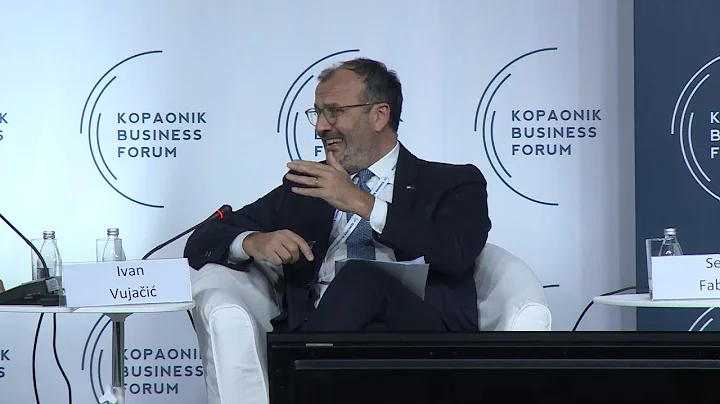
![[Foreign Affairs on the Road] Transatlantic Relations in the Trump Area - DayDayNews](https://i.ytimg.com/vi/fXrXitHCNEg/hqdefault.jpg?sqp=-oaymwEcCOADEI4CSFXyq4qpAw4IARUAAIhCGAFwAcABBg==&rs=AOn4CLA4gA9QKHkJN_efJfhsgnXoBsmjRQ)
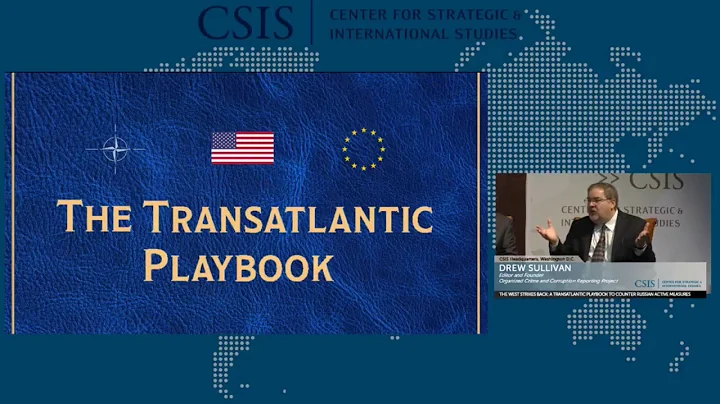
![[FULL] History of FBI Attacks on the Black Liberation Movement - February 18, 2023 - DayDayNews](https://i.ytimg.com/vi/LjdOJcUSxPo/hq720.jpg?sqp=-oaymwEcCNAFEJQDSFXyq4qpAw4IARUAAIhCGAFwAcABBg==&rs=AOn4CLBXxdUUuOaPQH4NF9B94yJCrPGVlw)
